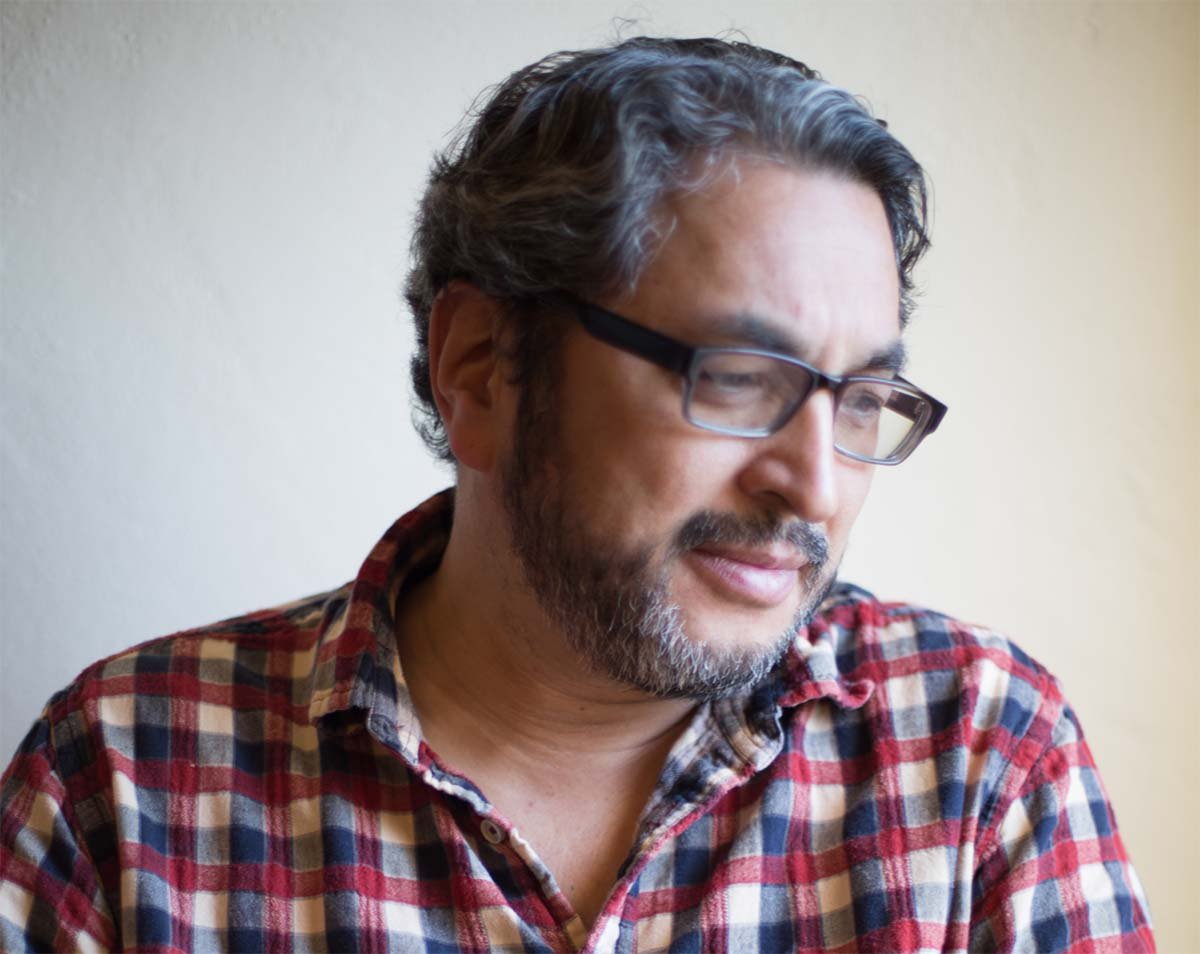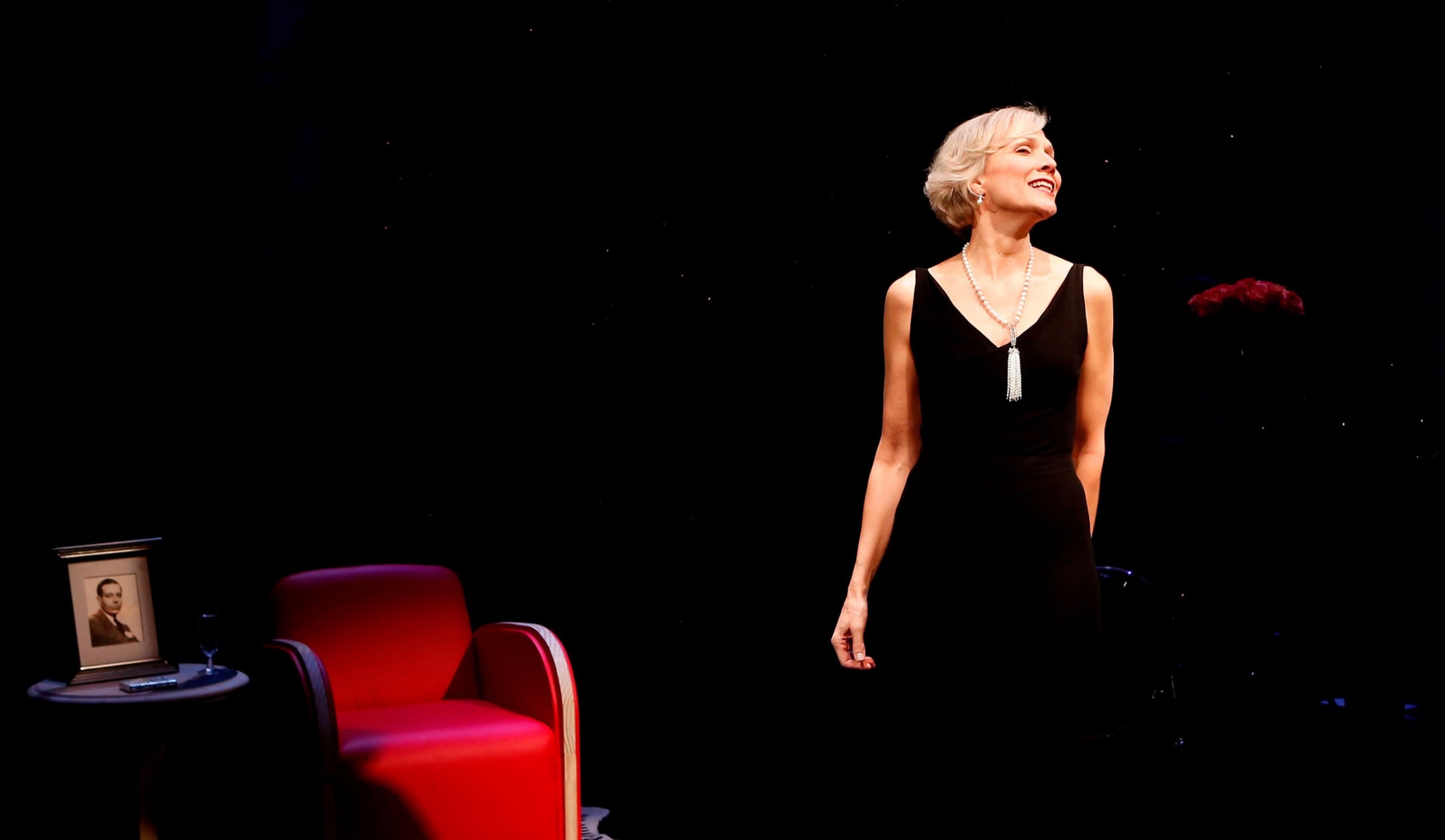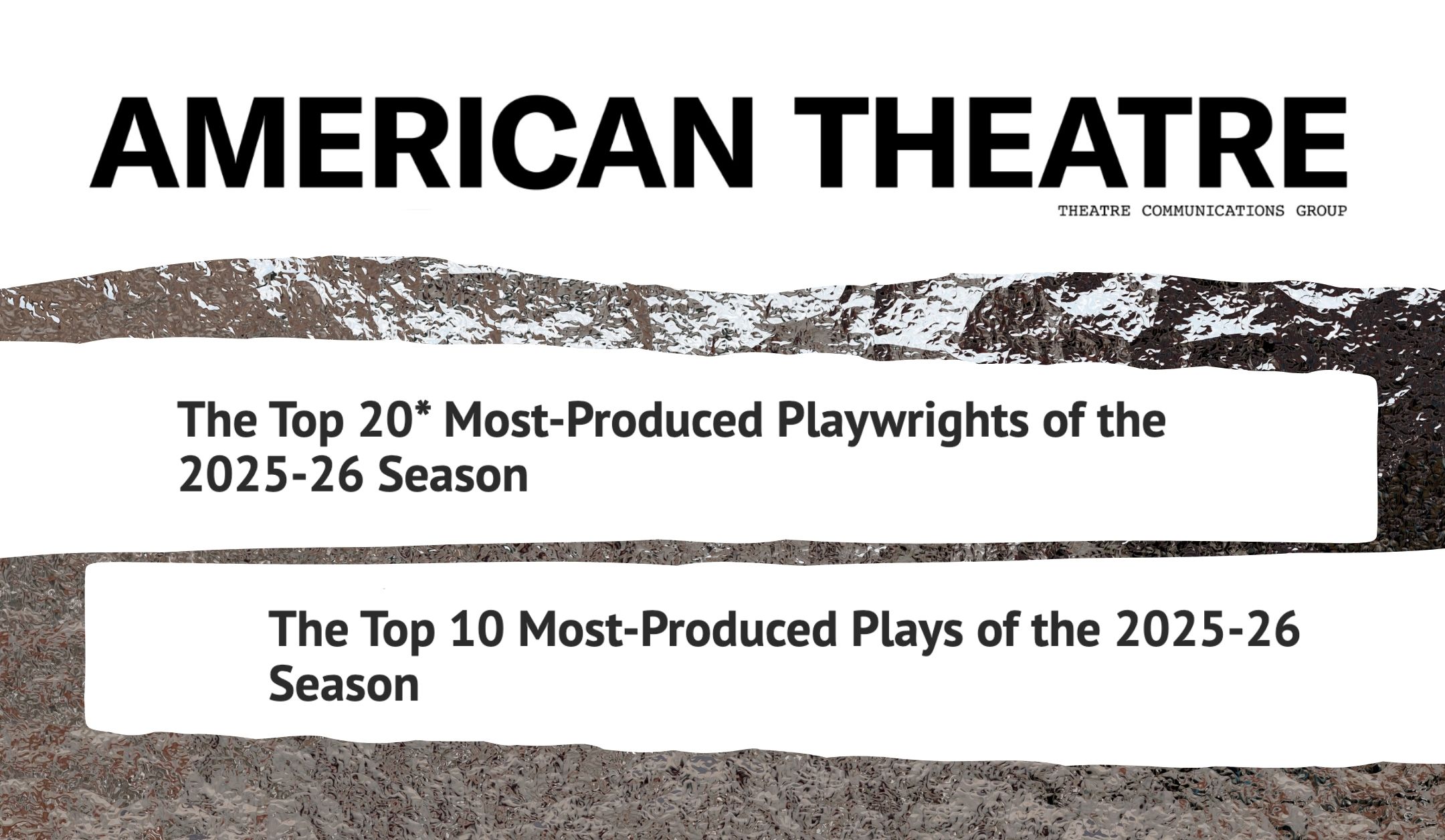
My father comes from a tiny pueblo called Nazas nestled in a fertile valley along the Río Nazas of Central Mexico where his father and his fathers before him worked the land for maize, alfalfa, and sugar cane in the manner of the Coahuiltecan Indians whose various tribes dominated the region. My mother hails from the mid-sized metropolis of Torreón, Coahuila, an industrial city where her mother and her mothers before her walked the bustling streets amid chattering birds and vendors hawking their wares in their carts and kiosks. Both of them are as quintessentially Mexican as anyone can be.
And yet, I am not.
Born as I was in El Paso, Texas, everything in my education instilled the notion that I was nothing but an American. I pledged allegiance to the flag with hand over heart; I studied American and Texas history as closely as the Bible and learned the names of presidents; I learned English and developed a vocabulary that soon overtook my teachers’; I adopted a worldview that was unmistakably American (yes, even used “American” to refer to U.S. citizens, a habit that irks other North, Central and South Americans); most of all, I was indoctrinated into the idea of “exceptionalism,” which marks us all as different and unique among the peoples of the world. I’m as American as George Washington.
And yet, I am not.
Because I look like a Mexican, but in almost every other way behave like an American, I live somewhere in-between, and all the ways that I believe are mixed in the soup of my U.S.-Latino identity as a man and as a writer. I’m defined by the culture that my parents come from, and the Spanish they speak still lingers on my tongue like the chile in our homemade tacos, but it’s a stammering, searching kind of idiom now, lacking in proficiency and flow. It’s English that presides over my speech and commands my writing. It’s English that is spoken even in my dreams. Yet, somehow, Spanish keeps breaking through the monolithic English of my work like an old friend. That’s a direct reflection of how we lived in my home, code-switching effortlessly without being aware of it, often dipping into the idiom of the street where neologisms were constantly invented through the “Spanglish” of our Chicano youth. But it’s also a function of the mobility of our culture. If Spanish can migrate, if it can defy borders with such ease, then so can those who speak it.
Sometimes, that “somewhere in between” is the river. The Rio Grande that wends its way along the El Paso border of my upbringing has become the potent symbol of my dual identity. It is the long, brown hyphen of my nationality. I can’t help but think that our essence lies buried deep in the muddy sludge of that old river. And that is where I often dip my pen. That’s where I find the people of my stories.
In my plays, the characters are often torn between the desire to belong and the self-fulfilling wish to break away. They long for a place where they can’t be judged for their skin, their accent, or their habits, and yet they remain rooted (and lost) in a land that doesn’t seem to really want them. There’s Claudio, the father in my play Lydia, a man who works hard for his family in El Paso, but disengages from them by sitting in his lounge chair with headphones on, listening to the boleros of his Mexican youth, frozen in his yearning for that unreachable past. And in El Paso Blue, Alejandro expresses to his father the paradox of living as a Mexican-American, crying, “I’m nothin’ to you but a gringo…. but out there I’m just another wetback. I’m fucked.” And in Santos & Santos, Tomas, appalled at his brothers’ decadent indulgence in the American Dream, calls up the legacy of Mexican migration:
“…those people we saw crossing the river: they’re our moms and dads and they drank dirty water for us. They died for us. We’re the dross of dreams, Victoria, the dreams of good people who try who still wish who still believe that all this is still theirs. We owe them our honesty our courage our love.”
He’s caught between trying to live like an American, unfettered by historical baggage, and trying to honor his values of his heritage. He learns, as I have, that the baggage was always in him.
El Otro is a play that is the pure expression of that in-betweenness. The story revolves around Romy, a young girl who is spending an entire day with her two fathers. Her birth father is Lupe, a coarse, foul-mouthed, occasionally violent drug dealer whose divorce from Romy’s mom is almost final. The other dad is her Mom’s new husband, Ben, a young Ft. Bliss recruit from Chicago who speaks no Spanish, eats no hot food, but adores Romy’s mom and cares for the kid’s welfare. Both these men are of Mexican descent but they couldn’t be more different. She sees the duality in flesh, loathing Ben but realizing his value; adoring Lupe, but fearing him too; and she experiences their distinct approaches to love, pleasure, morality, and fate. She knows Lupe hit her mom, but it’s Ben who’s training for war. She is disgusted by Ben’s antiseptic “whiteness,” but wishes Lupe could be more like him. Romy has to make the choice between what she wants and what she needs, until the loathing and love get all tangled up in a phantasmagoric dream of death and renewal.
I cite these works because they are how I come to terms with my identity. I’m working out what I believe and what I know; I’m finding myself through the struggles of these characters. They talk to me, point to me the way home or at least the way through, and when the plays are done, I feel like I know myself a little better. But even more importantly, the act of writing the plays changes me. Ultimately, I think that’s the goal of the artist. Transformation is a keystone of drama. We leave the world differently than when we entered it, but we ourselves are different too.
There’s always a fear of deportation in my works, as if it means being sent to hell. But Mexico is no hell. It’s home. Mexico is the culmination of our deepest yearning, offering us the warm, colorful familiarity of home. Familia. Except, again, it’s not. In my travels to Mexico, I have sought to blend in with the world around me, to be one of them, but the people immediately identify me as Norteamericano. It’s something in my gait, my stance, the way I move and express myself. I don’t even have to speak. Maybe it was the stench of my exceptionalism. They just know that I am “un yanqui.” Or even worse, a “pocho.” That’s the pejorative term Mexicans have for those who’ve left for the U.S. In-between Mexicans. My father both hated that term and found some pride in it, because it set him aside from his native countrymen and from the White, English-speaking Americans of his adopted El Paso. Yet, in the end, he couldn’t wait to become a full U.S. citizen and learn English.
Last year, I published a book of stories based on my years growing up in El Paso called Retablos: Stories From A Life Lived Along the Border. Each story, or “retablo,” plays out in vivid detail the rites of passage that determined the person I am now. In 50 brief, sharp vignettes, I began to piece together the skinny brown kid that decided he wanted to be an American writ
er. I saw myself grow from a child who could barely pronounce words in English, to a sensitive boy who avidly read Wuthering Heights and Edgar Allan Poe, to a young man who reveled in the lingo of our nascent Chicano Movement. I saw myself in all my stupid glory, trying to be my dad, parroting the dance steps of my Disco buddy, constantly swerving from Mexico to the U.S. like a pinball hoping for an extra spin. And even then, I couldn’t really get out of the wedge I’d slipped into, this gap between worlds.
I suppose I should address the mass shooting that took place in El Paso recently.
When the young man from North Texas drove to my hometown and slew 22 people, he was killing me. He was killing all the gente who looked like me, hoping to drive fear and hatred into our hearts so that we’d leave and go back to Mexico. Well, the fear is certainly there, but not the hatred, and I propose that it’s because there’s no room for it. We love this country too much. And we’re not going anywhere. So he failed in that regard. But he did succeed in one sense: his vile actions thrust on us our identity. He saw us as invaders and interlopers, and called into question our identity as Americans. By doing so, he called attention to the fact that we are the future of this country. That’s why he chose El Paso to make his personal stand. It’s a city with a population of 81% Mexican lineage, and in 30 years or so, the rest of the country will look more like our Sun City. By then, no one will question our American identity.
So what am I? How do I identify as a writer in this country? Am I a pocho? A yanqui? Do I call myself Chicano? Or Mexican-American? Latinx? Hispanic? Or simply an American? I am all that and probably more if we’re talking global context. It’s the nature of being a citizen of the In-Between. For the time, however, I need to be an El Pasoan again. I need to assert my connection with the place of my birth, that town right on the cusp between past and future, old world and new, Mexico and the U.S. I need to feel one with the people of the city that has given me its most vital American stories.
…
To explore more from Octavio Solis, click here.

A Feast of Titles Perfect for Thanksgiving

One-Person Shows

